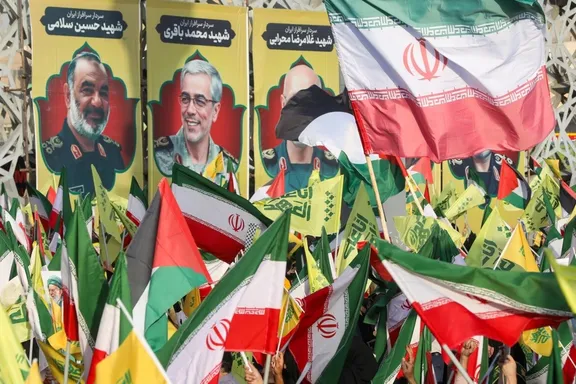Iran’s ‘anti-infiltration’ bill targets society not spies

A measure now before Iran’s parliament promoted as curbing infiltration by foreign intelligence services in practice expands state control over journalists, students, academics and artists.

A measure now before Iran’s parliament promoted as curbing infiltration by foreign intelligence services in practice expands state control over journalists, students, academics and artists.
The initiative was first floated two days after Israel’s June airstrikes exposed glaring flaws in Iran’s intelligence apparatus.
Tehran has yet to explain how Israeli operatives were able to track senior commanders and nuclear scientists inside the country.
Instead of grappling with these failures, lawmakers have introduced a 19-point bill that broadens state control across society.
The draft bill criminalizes cooperation with foreign media and requires prior approval from intelligence agencies before analysts, commentators or academics can give interviews to outlets abroad.
It follows other measures widely criticized at home as naïve and ineffective, from the mass deportation of Afghans to arbitrary arrests and social media bans.
‘Don’t share photos’
Under the proposed law, anyone accused of undermining Iran’s territorial integrity could face prison terms of up to 30 years, asset confiscation and media bans.
Even transmitting photos or videos to Persian or English-language outlets outside Iran would be punishable by prison.
The bill also targets cultural production, declaring films financed by foreign entities—including cultural foundations in Europe and other Persian Gulf countries—illegal.
Many of Iran’s most acclaimed directors have relied on such funding or on cash prizes from international festivals to finance future projects. Authorities frequently dismiss these awards as Western attempts to malign the country, and the bill would formalize that suspicion into law.
Even cooperation with UNESCO’s 2030 Agenda for education and sustainable development could become grounds for imprisonment.
‘Don’t get scholarship’
The legislation further clamps down on academia and civil society.
Scholarships for Iranian students abroad must already be on a list approved by the Ministry of Higher Education, but recipients would now need additional clearance from the Intelligence Ministry.
Employment or commercial activity with foreign entities without prior approval would likewise be criminalized. Offenders could face up to 15 years in prison and be forced to repay double the amount received if the funds originated from foreign embassies or institutions.
The breadth of the proposals highlight the gulf between the declared goal of preventing espionage and the actual measures under debate.
Problem, what problem?
Only one article directly addresses illegal activity: the disclosure of confidential information that could intensify sanctions or obstruct Iran’s circumvention efforts.
Even this is framed less around espionage than around protecting the state’s sanctions-busting networks.
Critics argue the legislation tightens political and cultural control while sidestepping how foreign intelligence continues to penetrate Iran’s security system—offering a solution that does little to address the problem it claims to confront.